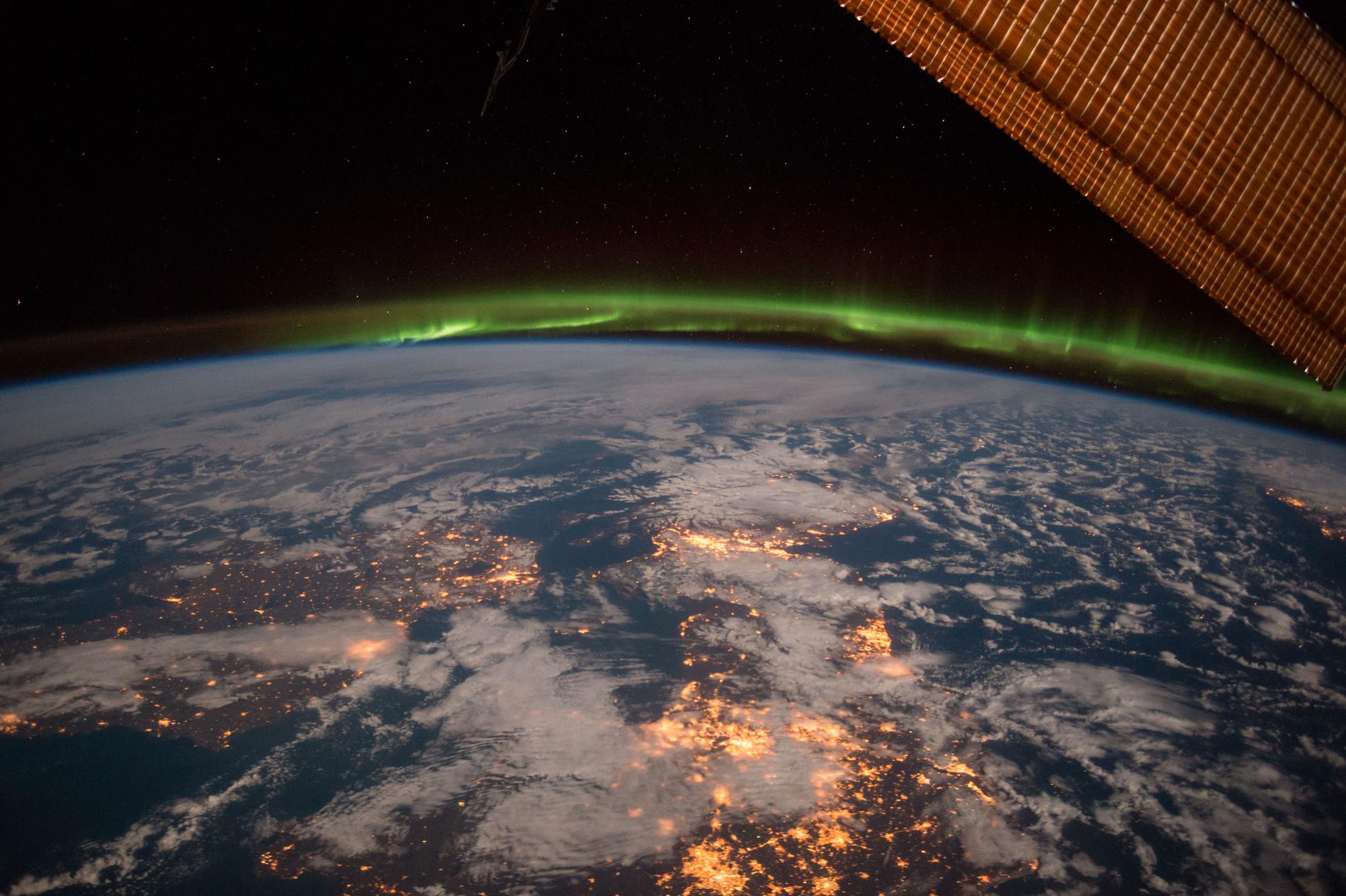Everything did not go as planned when American Dish had to park the EchoStar-7 satellite.
Northern Lights over Scandinavia, as seen from the International Space Station ISS. Photo: Terry Virts/NASAPublished: Published:
Less than 20 minutes ago
Copy linkCopy linkShare on FacebookShare on FacebookShare by emailShare by email
Improper parking can result in penalties. That’s what the American mobile and TV provider Dish experienced when they received the first fine in history for spatial littering on Monday evening. The fine was 150,000 dollars, equivalent to just over 1.6 million kroner. It writes, among other things Reuters.
According to the news agency, they simply failed to park the former TV satellite in the right place when it was to be taken out of orbit.
EchoStar-7 was launched in 2002 and was operating in geostationary orbit around the Earth. That is, as seen from Earth, it appears to be standing in the same place in the sky all the time. The problems appeared when it was due to be retired, writes the American Telecommunications Authority FCC in a press release.
According to the plan, Dish was supposed to move the satellite to a point 300 kilometers above where it went into orbit, but before it got that far it ran out of fuel and ended up only 122 kilometers above where it previously went into orbit.
– At this lower altitude, it can create space junk challenges, the FCC writes in the press release
There are almost 9,000 satellites in orbit around the Earth, compared to approximately 2,000 five years ago, writes Bloomberg. SpaceX’s Starlink, which provides internet to places without a fixed connection, accounts for a large part of the increase and the FCC has applications for more than 56,000 satellites for processing. Among others from Amazon’s Project Kuiper, which wants to offer a similar service.
– The FCC has not made any specific findings indicating that EchoStar-7 leads to any safety concerns for space debris, writes Dish in an email to Bloomberg.
Dish has accepted the fine.
2023-10-03 20:18:36
#Parking #fine #satellite #million

